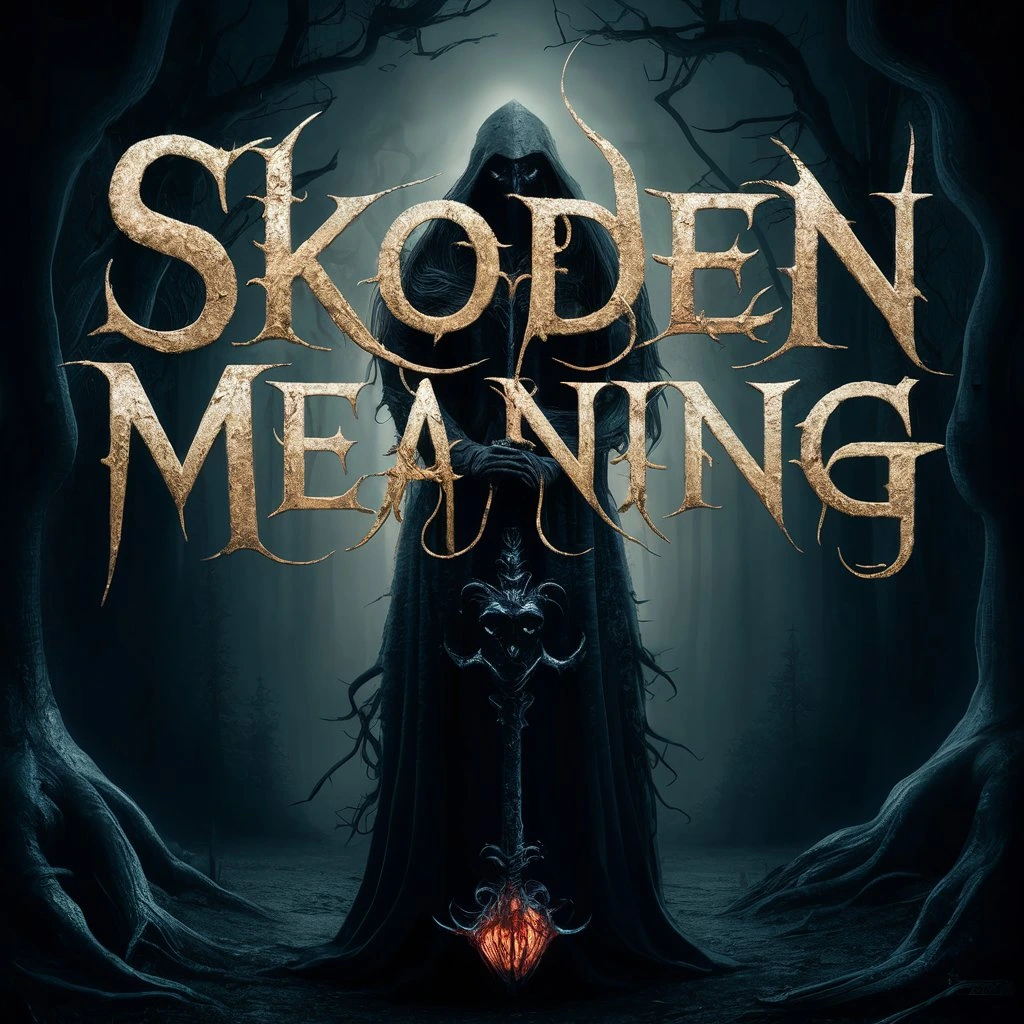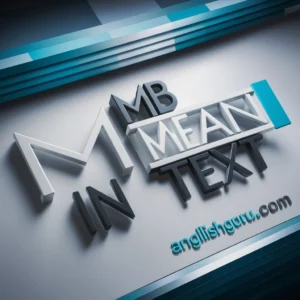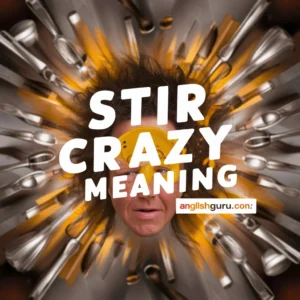Introduction
Skoden is a slang expression that has gained popularity in recent years, especially in online spaces and casual conversations. Like many short, powerful phrases, its meaning depends heavily on context, tone, and culture. To fully understand Skoden, it helps to explore its origins, usage, and how it connects to other short text-based expressions like “asl meaning in text.”
In this article, we’ll break down the meaning of skoden, examine how it’s used in different situations, and explore polite, professional, and casual alternatives that you can use in your daily conversations. We’ll also look at 11 user-friendly texting examples that show how to apply these expressions naturally. Whether you want to sound professional in a workplace chat, casual with friends, or polite in a more formal setting, this guide gives you the tools to adapt.
What Does “Skoden” Mean?
At its simplest, skoden is a shortened form of “let’s go then.” It is often used as a playful challenge, a signal of readiness, or an expression of hype. Depending on tone and setting, it may mean:
- “I’m ready.”
- “Let’s do this.”
- “Bring it on.”
- “Okay, let’s go.”
In some communities, particularly Indigenous spaces online, skoden has cultural roots and may carry a deeper significance as a spirited phrase of strength, readiness, or unity. In mainstream usage, however, it’s more casual and lighthearted.
Why Look for Alternatives?
While skoden is expressive and fun, it may not always be the best choice:
- In professional emails or workplace communication, skoden may come across as unprofessional.
- In formal writing, it might confuse readers unfamiliar with slang.
- In cross-cultural settings, its meaning might not be clear, leading to misunderstandings.
That’s why it’s useful to know polite, professional, and casual alternatives to convey the same energy, enthusiasm, or readiness depending on the situation.
16+ Polite, Professional, and Casual Alternatives to “Skoden”
Below are 16+ versatile alternatives you can use instead of “skoden,” grouped by tone.
1. “Let’s Go”
The most direct and widely accepted alternative. It can be professional or casual, depending on tone.
- Casual use: hyping up a sports game.
- Professional use: signaling readiness for a meeting.
2. “I’m Ready”
Polite and neutral—works well in professional and casual contexts.
- Example: Replying to a manager’s message about starting a project.
3. “Bring It On”
Confident and slightly playful. Often used in casual settings.
- Best for friends, gaming chats, or sports situations.
4. “All Set”
A professional-sounding phrase that indicates preparation.
- Perfect for workplace emails, project updates, or scheduling.
5. “Count Me In”
Friendly and welcoming, works well in casual or semi-professional situations.
6. “I’m On Board”
Polite, professional, and supportive. Excellent for team conversations.
7. “Let’s Do This”
Energetic and motivational. Great for both casual and semi-formal contexts.
8. “Game On”
Playful and competitive, usually used in casual or sports-related settings.
9. “Ready When You Are”
Polite, flexible, and respectful of the other person’s timing.
10. “I’m Good to Go”
Friendly, confident, and works across casual and semi-professional interactions.
11. “It’s Time”
Simple, direct, and adaptable to both formal and informal situations.
12. “I’m In”
Casual but clear. Good for confirming participation in group activities.
13. “We’re Set”
Useful in both professional teamwork contexts and casual group planning.
14. “Challenge Accepted”
Confident, humorous, and fun. Perfect for playful contexts.
15. “Let’s Make It Happen”
Encouraging and motivational. Great for formal and informal use.
16. “Ready to Roll”
Casual, friendly, and upbeat—perfect for informal chats.
Choosing the Right Alternative
When choosing a phrase to replace skoden, consider:
- Context: Formal, professional, or casual?
- Audience: Friends, colleagues, or broader readers?
- Tone: Do you want to sound playful, professional, or motivational?
For example:
- In a business email, “All set” or “I’m on board” works better.
- In a text to friends, “Game on” or “Let’s do this” feels more natural.
11 Texting Examples with Alternatives to “Skoden”
To make these alternatives more user-friendly and Google-optimized, here are 11 practical texting examples:
1. “Let’s Go”
Friend: “The movie starts in 15 minutes.”
You: “Perfect, let’s go!”
2. “I’m Ready”
Colleague: “Can we jump on the call now?”
You: “Yes, I’m ready.”
3. “Bring It On”
Friend: “You sure you can beat me at chess tonight?”
You: “Oh yeah, bring it on.”
4. “All Set”
Manager: “Did you finish preparing the slides?”
You: “Yes, all set for the meeting.”
5. “Count Me In”
Friend: “We’re planning a weekend trip. Interested?”
You: “Definitely, count me in.”
6. “I’m On Board”
Team lead: “We’re moving forward with the new project direction.”
You: “Got it, I’m on board.”
7. “Let’s Do This”
Friend: “Are you ready for the hike tomorrow?”
You: “Absolutely, let’s do this!”
8. “Game On”
Friend: “Loser buys dinner tonight.”
You: “Deal—game on.”
9. “Ready When You Are”
Colleague: “I’ll send the Zoom invite shortly.”
You: “Perfect, ready when you are.”
10. “I’m Good to Go”
Friend: “Shall we leave for the party?”
You: “Yes, I’m good to go.”
11. “Challenge Accepted”
Friend: “Bet you can’t finish that pizza alone.”
You: “Ha! Challenge accepted.”
Nuances of Tone and Context
Each phrase carries slightly different connotations:
- Playful tone → “Game on,” “Challenge accepted,” “Bring it on.”
- Professional tone → “All set,” “I’m on board,” “Ready when you are.”
- Motivational tone → “Let’s do this,” “Let’s make it happen,” “Ready to roll.”
Understanding these subtle shifts helps you choose the right alternative to match your situation.
Final Thoughts
The slang skoden may be trendy, but it doesn’t fit every context. By using thoughtful alternatives, you can adapt your language to sound professional in the workplace, polite in formal settings, or fun in casual conversations.
From “I’m ready” to “Let’s do this,” each phrase carries its own nuance. With the 11 texting examples above, you’ll be able to confidently replace “skoden” with words that suit your tone, audience, and intent.
Language is powerful, and knowing how to switch between formal and informal registers ensures that your communication is always clear, appropriate, and engaging.





